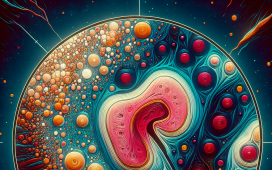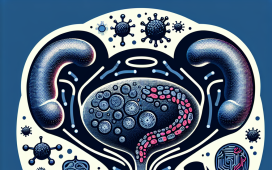Mental health is just as important as physical health. However, mental health conditions are often stigmatized and misunderstood. This can prevent people from seeking help and getting the treatment they need.
There are a number of innovations in mental health therapies that are helping to improve the lives of people with mental health conditions. These innovations include:
- Cognitive behavioral therapy (CBT): CBT is a type of therapy that helps people to change their thinking patterns and behaviors. CBT has been shown to be effective in treating a variety of mental health conditions, including depression, anxiety, and post-traumatic stress disorder (PTSD).
- Acceptance and commitment therapy (ACT): ACT is a type of therapy that helps people to accept their thoughts and feelings, and to commit to living a meaningful life. ACT has been shown to be effective in treating a variety of mental health conditions, including depression, anxiety, and chronic pain.
- Dialectical behavior therapy (DBT): DBT is a type of therapy that helps people to regulate their emotions, tolerate distress, and build relationships. DBT has been shown to be effective in treating borderline personality disorder (BPD) and other mental health conditions.
- Virtual reality therapy (VRT): VRT is a type of therapy that uses virtual reality to help people to cope with anxiety, phobias, and post-traumatic stress disorder (PTSD). VRT has been shown to be effective in treating a variety of mental health conditions.
In addition to these innovations in therapies, there is also a growing movement to de-stigmatize mental health conditions. This movement is working to raise awareness of mental health issues and to challenge the negative stereotypes that surround them.
De-stigmatization is important because it can help to reduce the shame and isolation that people with mental health conditions often feel. It can also help to encourage people to seek help if they are struggling with a mental health condition.
If you are struggling with a mental health condition, please know that you are not alone. There are many effective treatments available, and there is a growing movement to de-stigmatize mental health conditions. Please reach out for help if you need it.
Here are some resources that can help:
- The National Alliance on Mental Illness (NAMI): NAMI is a leading mental health advocacy organization. They offer a variety of resources for people with mental health conditions and their families, including support groups, educational materials, and a helpline.
- The American Psychological Association (APA): The APA is the largest professional organization of psychologists in the United States. They offer a variety of resources for people with mental health conditions and their families, including information on mental health disorders, treatment options, and research.
- The National Institute of Mental Health (NIMH): The NIMH is the federal government’s research agency for mental health. They offer a variety of resources for people with mental health conditions and their families, including information on mental health disorders, treatment options, and research.








